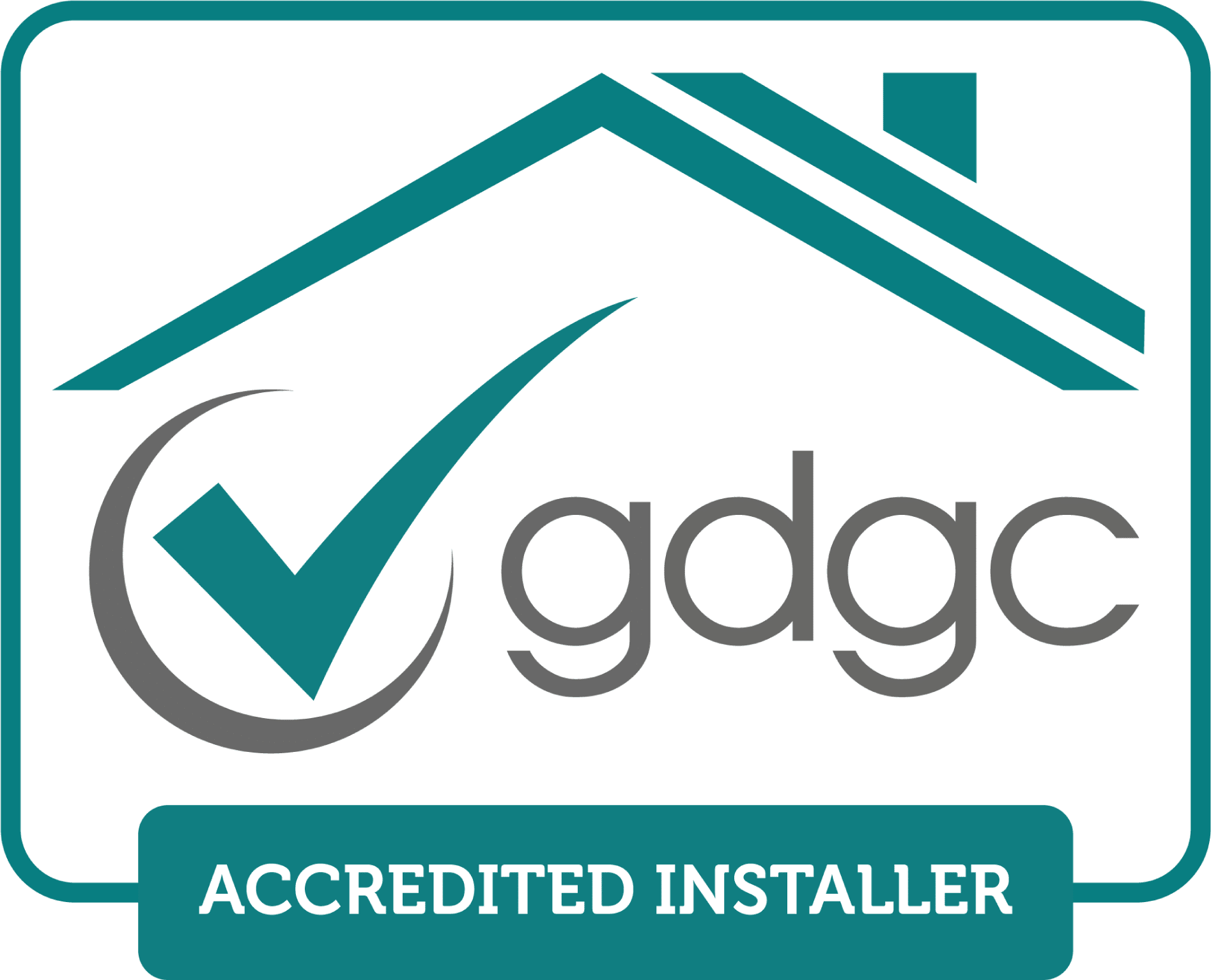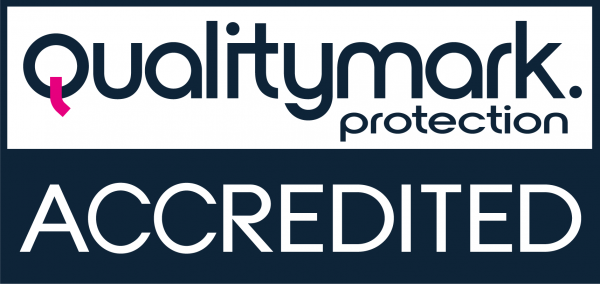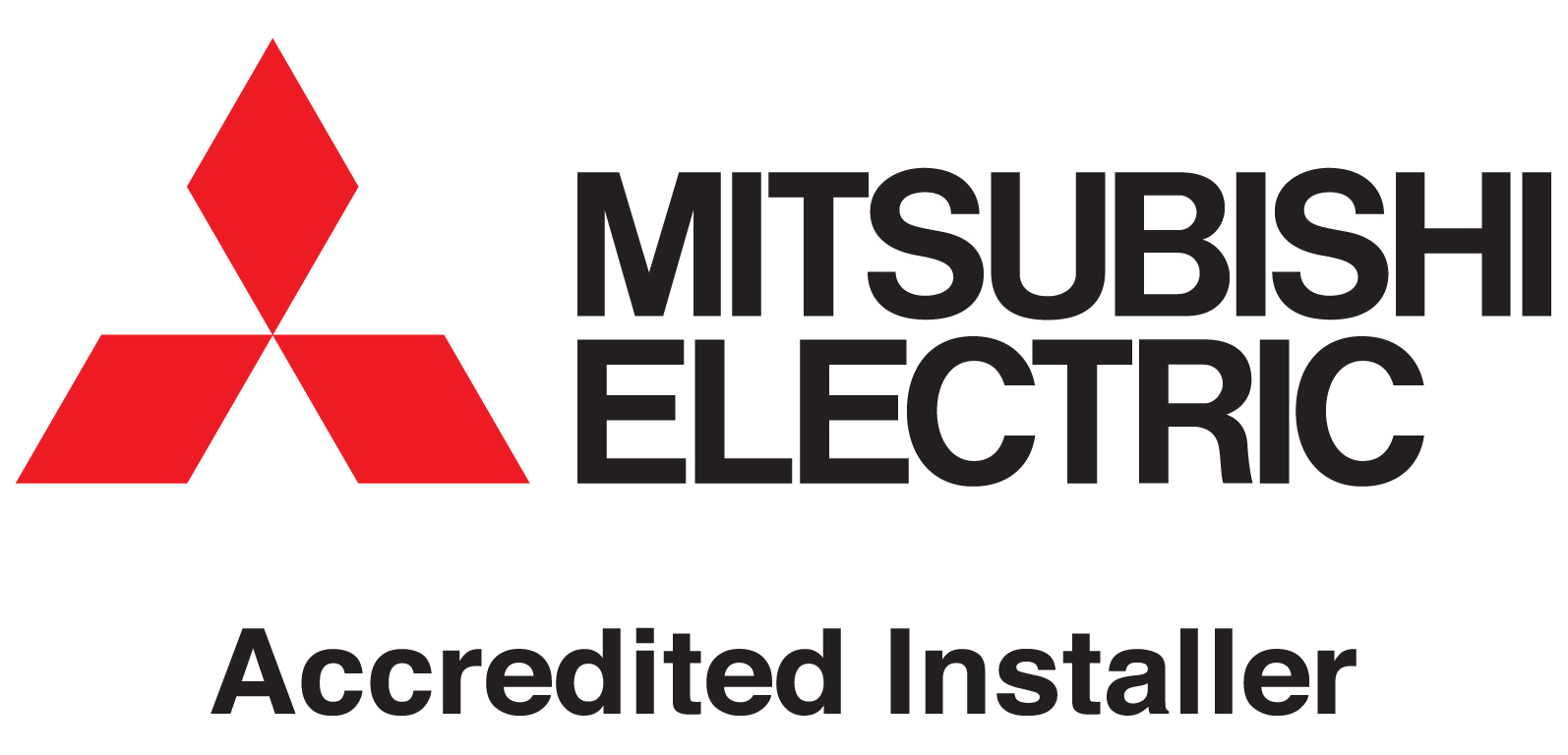Energy Efficient Heating in Care Homes
Energy-efficient heating is essential in every home. But, in care homes, it can be a matter of life and death.
Well-being vs Cost
Care home operators face a difficult task. They continually have to make decisions that affect the health, safety, and well-being of their residents. At the same time, they’re resisting financial pressures. Opportunities to improve the residents’ standards of living often go directly against desires to reduce spending. Heating is no exception. But, favouring one over the other will result in either a poor reputation for the care home and a lack of quality in the care they provide to residents or severe budgeting problems.
But, if you had the chance to save on costs while improving the well-being of residents, why wouldn’t you?
Vulnerability
As we age, our ability to control our body temperature declines. So does our ability to feel the cold. This leaves older people at a higher risk of hypothermia during cold weather. The Guardian reported that during the UK’s winter, one older person dies every seven minutes from cold-related illnesses. This rate is significantly higher than other countries in Europe with much colder climates. So why is this happening in the UK?
Heating efficiency
The Office for National Statistics states that countries with milder winters, like the UK, are less prepared for the cold and tend to have lower thermal efficiency in their homes. When cold weather strikes, their homes are not equipped to keep the cold out. This is also true for care homes, which leaves many older people at risk.
However, cold-related deaths may have more to do with the increasing cost of energy. It’s becoming more and more expensive, leaving many older adults in fuel poverty.
The cost of heating
Going without heating is not an option for care homes as it endangers the lives of many of the older people who live there. Particularly those who are also living with other illnesses who are at further risk. Keeping these people safe requires the constant use of effective central heating. The 24/7 operation of care homes means heating adds up to be one of the most significant expenditures, leading to the temptation to cut down on its use.
This is not the answer. The answer lies in more efficient heating and effective service cover.
Improving efficiency
Heating efficiency in care homes is the most crucial factor in protecting the residents while staying within budget. Installing energy-efficient boilers, effective wall and roof insulation where possible, and double glazing, will all help keep the heat in. You could also consider including green energy from solar panels. This means less heat is wasted to the environment while saving you money in the long run. But, most importantly for your care home heating, it is an affordable, effective service cover for your boiler.
Service cover
Boiler breakdowns are all too frequent in the UK. In an environment such as a care home, they can cause serious health issues. As a result, it is imperative that you prevent boiler breakdowns. This is done with regular servicing. Boiler service cover from a reliable heating company allows you to have regular boiler check-ups and ensure there are no breakdowns insight. It also gives you access to immediate, emergency servicing should your boiler breakdown. Some companies will even be able to install greener, more efficient, and cheaper heating systems to make sure your costs stay low while the heating stays high.
GOS Heating is one of these companies. We provide the best, affordable service cover for care homes, commercial buildings, and residences so that you can relax, never having to worry about the heating again. Our extensive knowledge of energy efficiency will also save you money so don’t hesitate to take a look at our service cover options, or get in touch on 01772 734 966.



























